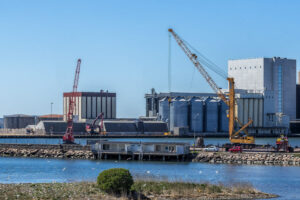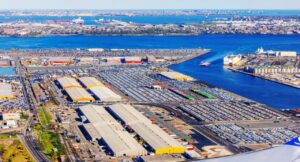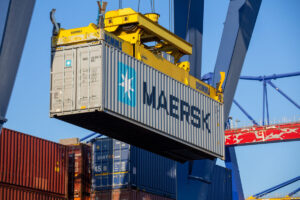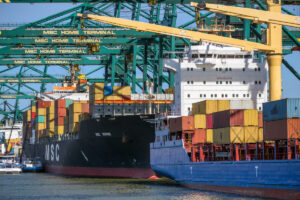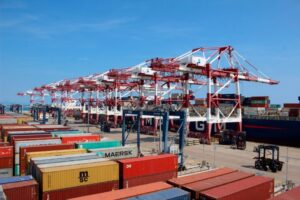Despite total losses remaining stable in the shipping industry during 2015, which declined slightly to 85 – the lowest total for a decade and the second year in a row annual losses fell below 100 – there is a growing risk of cybercrime, according to the latest ‘Safety and Shipping’ review released by Allianz Global Corporate and Specialty.
Cyber security risks are also growing as threats can result from improper integration and interaction of cyber systems/updates, or attacks from external sources and are not always detected.
Allianz found that while the likelihood of a cyber event that cuts off a significant portion of trade remains low at present, cyber exposure is growing.
Technical Paper: Protecting Ships: The Threat of Hackers
The 2015 accident year represents a significant improvement on the 10-year loss average, with large shipping losses having declined by 45% over the past decade, driven by an increasingly robust safety environment and self-regulation.
However, regional disparities remain as more than a quarter of all losses in 2015 occurred in the South China, Indochina, Indonesia and Philippines maritime region, which has been the top loss hotspot for the past decade.
Cargo and fishing vessels accounted for over 60% of ships lost with cargo losses increasing for the first time in three years.
While the long-term downward trend in shipping losses is encouraging, the continuing weak global economy, depressed commodity prices and an excess of ships are pressurizing costs and raising safety concerns.
The appetite for ever-larger container ships has seen cargo-carrying capacity of the largest vessels increase by over 70% in the last 10 years, to carry 19,000+ containers.
The industry may need to prepare for a $1bn+ loss in future. There are concerns that commercial pressures in the salvage business have reduced easy access to the salvors required for recovery work on this scale.
The shipping industry has been proactively working to reduce emissions, but there have been unexpected safety implications connected with the use of ultra-low sulphur fuel.
Technological advances such as “The Internet of Things”, allied with increasing reliance on e-navigation, means insurers may have less than five years to prepare for a cyber-attack or incident materializing into a hull and machinery loss.
Technical Paper: The Internet of Things: Connecting Everything Without Wires

